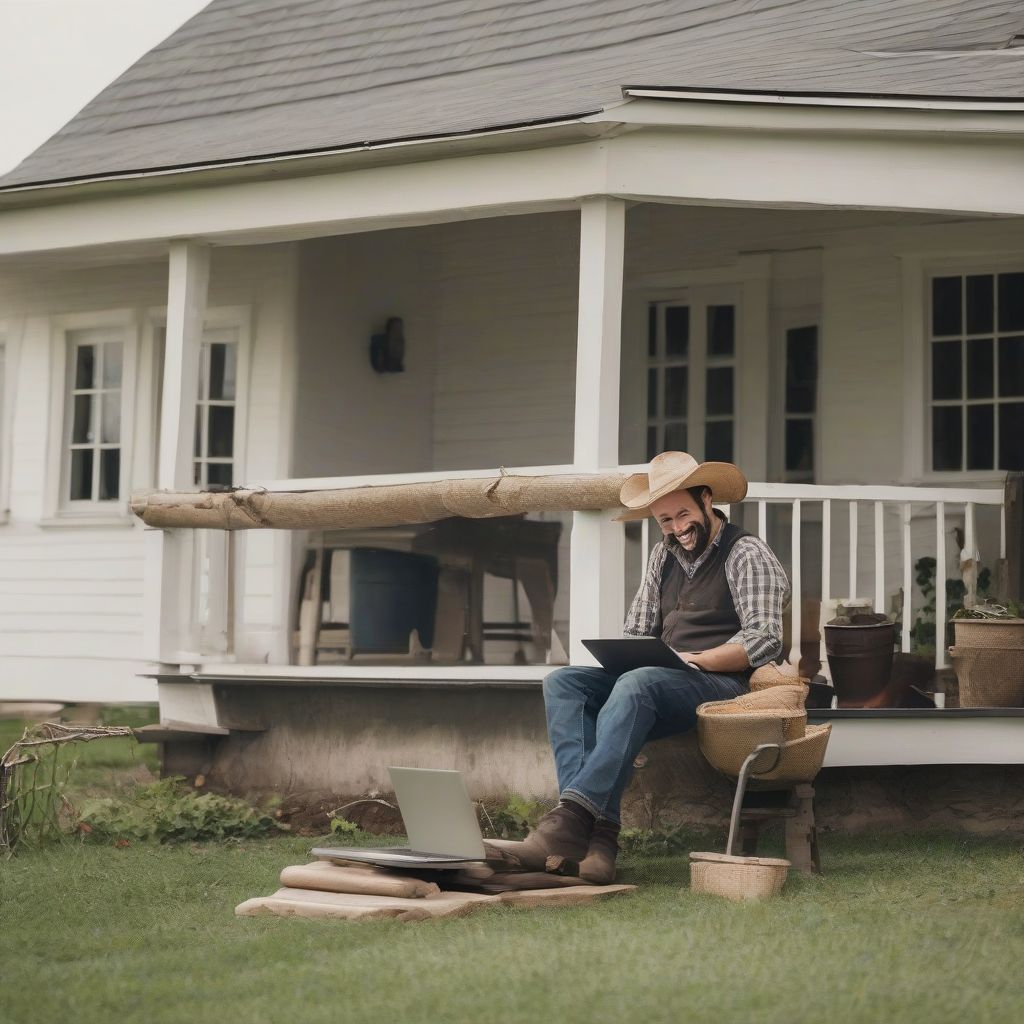Farming is a tough business, and it’s getting tougher all the time. With the rising costs of inputs like seed, fertilizer, and fuel, it’s more important than ever for farmers to have access to the right insurance coverage. That’s where State Farm Cityline comes in.
What is State Farm Cityline?
You might be thinking, “State Farm Cityline? I haven’t heard of that before.” And you might be right! State Farm Cityline isn’t a specific product or service; it’s a term that can refer to a few different things related to State Farm’s presence in urban and suburban areas.
This can be a little confusing, so let’s break it down:
- State Farm Agents in Urban and Suburban Areas: State Farm has a large network of agents across the country, including in cities and suburbs. These agents can provide farmers with a variety of insurance products and services, such as:
- Farm and Ranch Insurance: This type of insurance can protect your farm from a variety of risks, including fire, theft, and natural disasters.
- Crop Insurance: This type of insurance can help protect your crops from losses due to weather events, pests, and diseases.
- Liability Insurance: This type of insurance can protect you from financial losses if you are sued for damages or injuries that occur on your farm.
- State Farm Offices in Urban Locations: Often, State Farm will strategically locate their offices in more populated areas. These offices, sometimes referred to as “Cityline” locations, might serve a higher concentration of urban and suburban customers, but that doesn’t mean they can’t help with your farm insurance needs.
- Online and Mobile Services: State Farm also offers a variety of online and mobile services that can be accessed from anywhere, including your farm. These services can be helpful for managing your insurance policies, filing claims, and more.
dichoihanquocaz.com/wp-content/uploads/2024/08/farmer-on-laptop-66bc87.jpg" alt="Farmer on Laptop" width="1024" height="1024">Farmer on Laptop
Why is it Important for Farmers?
Even if you don’t live right in the city center, understanding State Farm’s presence in these areas can be beneficial:
- Access to Expertise: Cityline offices often have agents with specialized knowledge in different areas of insurance, which could be helpful for farmers with more complex needs.
- Convenience: If you frequently travel to the city for supplies or other business, having an agent in a convenient location can be advantageous.
- Technology and Innovation: Urban areas tend to be hubs for technological advancements, and State Farm Cityline locations may be early adopters of new tools and services that can benefit farmers.
Common Questions Farmers Have:
- “Does State Farm offer insurance for my specific type of farm?”
- State Farm insures a wide range of farm operations. It’s best to contact an agent directly to discuss your specific needs.
- “How do I find a State Farm agent near me who understands farm insurance?”
- You can use the “Find an Agent” tool on the State Farm website, or call their customer service line.
- “What factors influence my farm insurance premiums?”
- Location, size of your operation, types of crops or livestock you have, and your claims history all play a role.
Tips for Farmers:
- Shop Around: Don’t settle for the first insurance quote you get. Compare rates and coverage from multiple insurers to find the best deal.
- Ask Questions: Don’t be afraid to ask your agent questions about your coverage. Make sure you understand what is and is not covered by your policy.
- Review Your Coverage Regularly: Your insurance needs can change over time. Review your coverage annually, or whenever you make significant changes to your operation.
In Conclusion
Whether you’re looking for farm insurance, crop insurance, or any other type of insurance coverage, it’s important to do your research and find an insurer that you can trust. While “State Farm Cityline” might not be a term you hear every day, understanding State Farm’s reach and offerings can help you make informed decisions about protecting your farm. Remember, a little bit of research can go a long way in securing the future of your farm.
